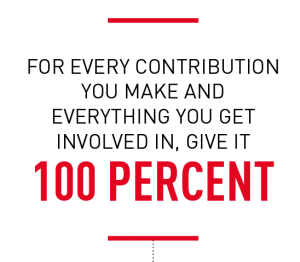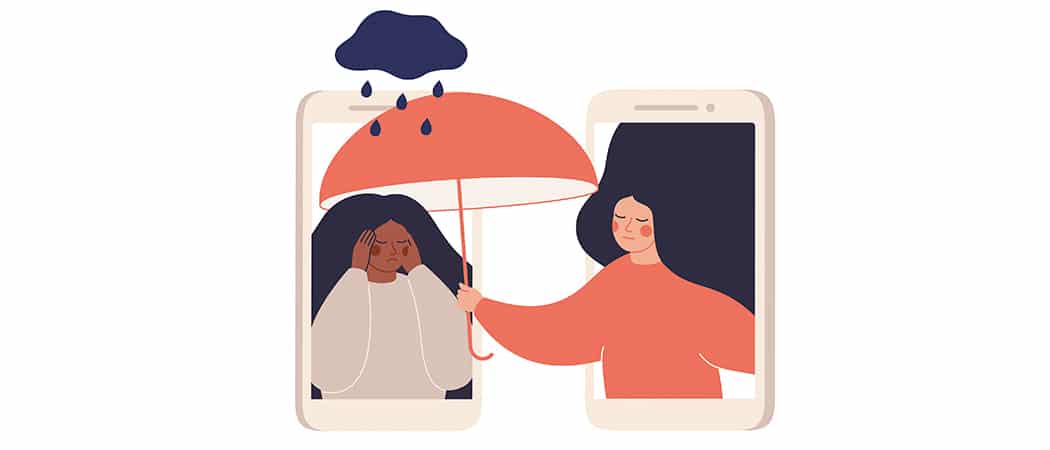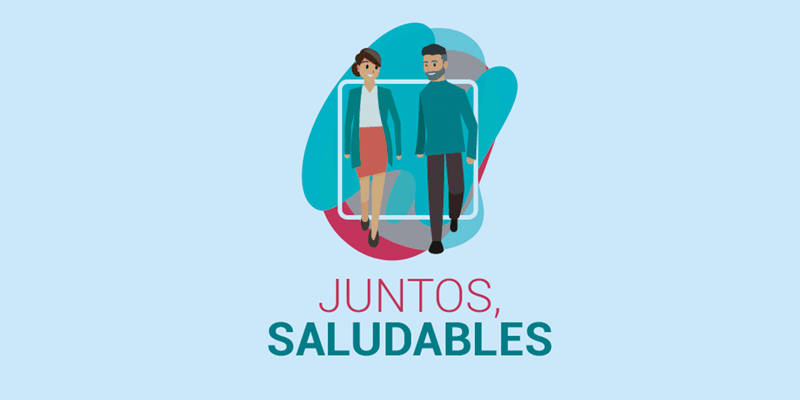Psychology has traditionally devoted more time to studying people’s problems (anxiety, stress, depression, etc.) than to analyzing the positive aspects of life. Positive Psychology basically consists in placing the focus on an individual’s psychological well-being and happiness, underscoring human virtues and strengths. The aim is to move away from highlighting problems and, instead, strive to develop individual strengths.
TEXT CORPORATE HUMAN RESOURCES AREA | IMAGE THINKSTOCK
Our strengths are psychological traits or characteristics that present themselves in different situations, and whose consequences are usually positive.
The most widely-adopted classification of virtues and strengths was drawn up by two prestigious psychologists, Martin Seligman and Christopher Peterson. Instead of focusing on the psychiatric and psychological pathologies responsible for the vast majority of our problems, they put the spotlight on the psychological strengths that help us enjoy better mental health.
Every one of us is defined by certain strengths. To a large degree, our happiness will depend on knowing and being aware of them.
Numerous studies show that those who utilize their strengths, frequently:
• Say they feel happier and more fulfilled, and with greater energy
• Achieve their objectives more effectively
• Are more committed
• Perform better at work
We are often unable to avoid problems and complicated situations, but we can indeed decide how to cope with them. The more positive an individual is, the better the outcome.

Some of the relevant areas we can work on in order to generate more positive people and environments are:
SENSE OF HUMOR
Having a “sense of humor” does not mean we are not serious about what we do, but rather living our lives in a more cheerful, dynamic fashion. In our daily lives (at work or at home), difficult situations, confrontations that upset us, will inevitably arise. While we seek a solution, finding something that makes us laugh can greatly facilitate things, given that, physiologically, laughter helps us to ease the tension of the moment.
GRATITUDE
Life is full of little gestures and this is what ensures our days are not all the same. Most of these gestures spring from someone – there is a “source”. Take note of these gestures and thank those responsible. Strive to make others feel good thanks to your own thoughtful gestures.
COMMITMENT
Being committed can be a source of satisfaction and well-being. When you are committed to something or someone, and you achieve the aim of that commitment, you feel strengthened and, in addition, project a more positive image of yourself to others.
ORGANIZATION
Organizing your day and activities (whether obligations or leisure activities), allows you to have time for everything, and be aware that every activity takes time, which we must set aside for it. Only in this way can we enjoy everything we do, at the present time, savoring every moment, without thinking about what happened yesterday or may happen tomorrow.
APPRECIATE BEAUTY
The things that stimulate our senses can be positive or negative; if you learn to stimulate them with beautiful things (a painting, a song, a sound, a picture, a landscape), you will be more sensitive to things and learn how to broaden your views. If our life becomes a routine, seeking out beautiful things and enjoying them means that we will expand our horizons and be less rigid in our way of thinking.
FORGIVENESS
We should offer forgiveness often, so as to ensure that negative emotions only hurt us at a certain moment, but do not leave their mark, something that would harm the way we view the world and others. We can thus let what happened pass and make more neutral decisions for the future. Putting yourself in somebody else’s shoes helps you be more understanding and, therefore, forgive. We usually offer forgiveness to others: “they’ve done that to me, but I forgive them.” Learning to forgive yourself sometimes proves much more difficult, as it involves admitting you have done – or thought about doing – something wrong.

PERSEVERANCE
When we perform an activity, a job or a project, it is not just the end result that matters. Persevering in order to successfully complete it, despite the difficulties, is a positive reinforcement and allows us to learn from the situations that arise along the way. It also enables us to enjoy the fulfillment process and not just the end result. However, persistence without a goal turns into “pigheadedness” – a negative trait – and so, once in a while, it is a good idea to stop and reflect on where we are heading.
HONESTY
Being honest means that your way of thinking and acting are consistent, and that your mind and your heart go hand in hand. Being honest does not mean hurting people with your attitude and your words. Honest people are those we can trust because, whether or not we like how they behave, there will be no hidden surprises.
INNOVATION
Being innovative is not a gift, it must be put into practice. Almost everything has been invented; you just have to devise a way to do something so it is new or different. Being innovative in your daily life involves avoiding things falling into a routine, as you do them differently, just as each day is different. Moreover, innovation allows us to broaden our established views and, therefore, makes us more flexible regarding the changes around us, something that some people find very hard to deal with.
OUR LEGACY
Everything we do and say always leaves its mark. What we do not know is who we will leave our mark on, or to what extent. Therefore, for every contribution you make and everything you get involved in, give it 100 percent, with total conviction. Do not allow others who may not like you try to change you, nor change in order to be liked by others. Be true to yourself, given that you will thus be remembered as you want to be.
POSITIVITY
Seeing the good side of everyday things enhances self-confidence. In addition, this positivity is contagious. If you give away smiles, your day – and that of the recipients – will be brighter.




